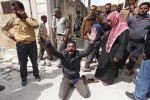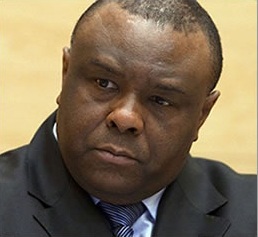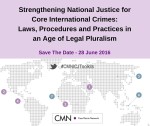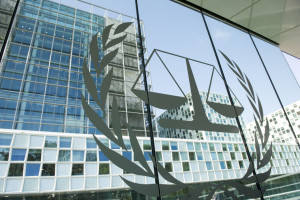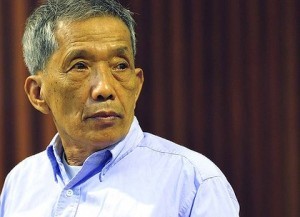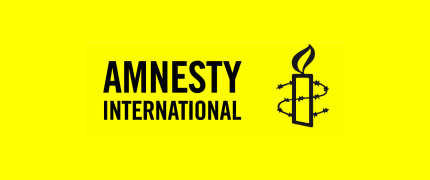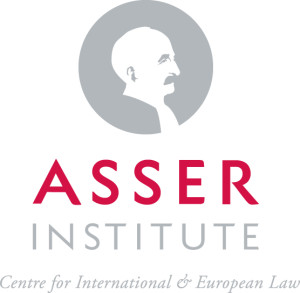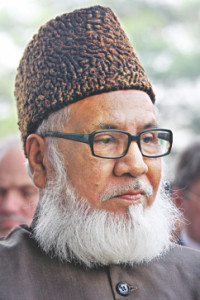On Monday the 30th of May 2016, the former dictator of Chad, Hissène Habré, has been convicted of crimes against humanity and sentenced to life in prison.
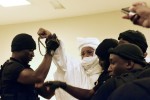
Hissène Habré, the former president of Chad, during his trial by the Extraordinary African Chambers in Dakar, Senegal, in 2015 ©Seyllou/Agence France-Presse — Getty Images
The Extraordinary African Chambers in Senegal, established especially for the prosecution of Hissène Habré, found Habré guilty of rape, sexual slavery, torture and summary execution during his rule from 1982 to 1990.
Habré was the President of the former French colony of Chad from 1982 until 1990 when he fled to Senegal after being overthrown by the current president of Chad, Idriss Deby Itno. The United States and France supported Habré as they saw in him an important ally against the government of Muammar Gaddafi in neighboring Libya.
According to a 1992 Chadian Truth Commission, Habré’s government was responsible for conducting 40,000 political murders and systematically torturing more than 20,000.
Media report that Habré is the first African former head of state to be convicted in Africa, and the first former head of any state to be convicted of crimes against humanity by the courts of another country. It is also the first time that a former head of state has been convicted of personally raping someone. It is furthermore the first prosecution in Africa under universal jurisdiction.
The case against Habré has from the beginning been pushed forward by Habré’s victims. Reed Brody from Human Rights Watch, who has worked with Habré’s victims for many years said following the judgment: “Today will be carved into justice as the day that a band of unrelenting survivors brought their dictator to justice.”
In 2005, a court in Belgium issued a warrant for Habré’s arrest under the principle of universal jurisdiction, but Senegal refused to extradite Habré to Belgium. In 2012, the International Court of Justice ordered Senegal to prosecute Habré or to extradite him.
In March 2015, a special criminal court in Chad convicted accomplices of Habré for crimes of torture and murder.
Habré has been given 15 days to appeal. The Extraordinary African Chambers will be dissolved once the judgment in the case of Hissène Habré is final.

